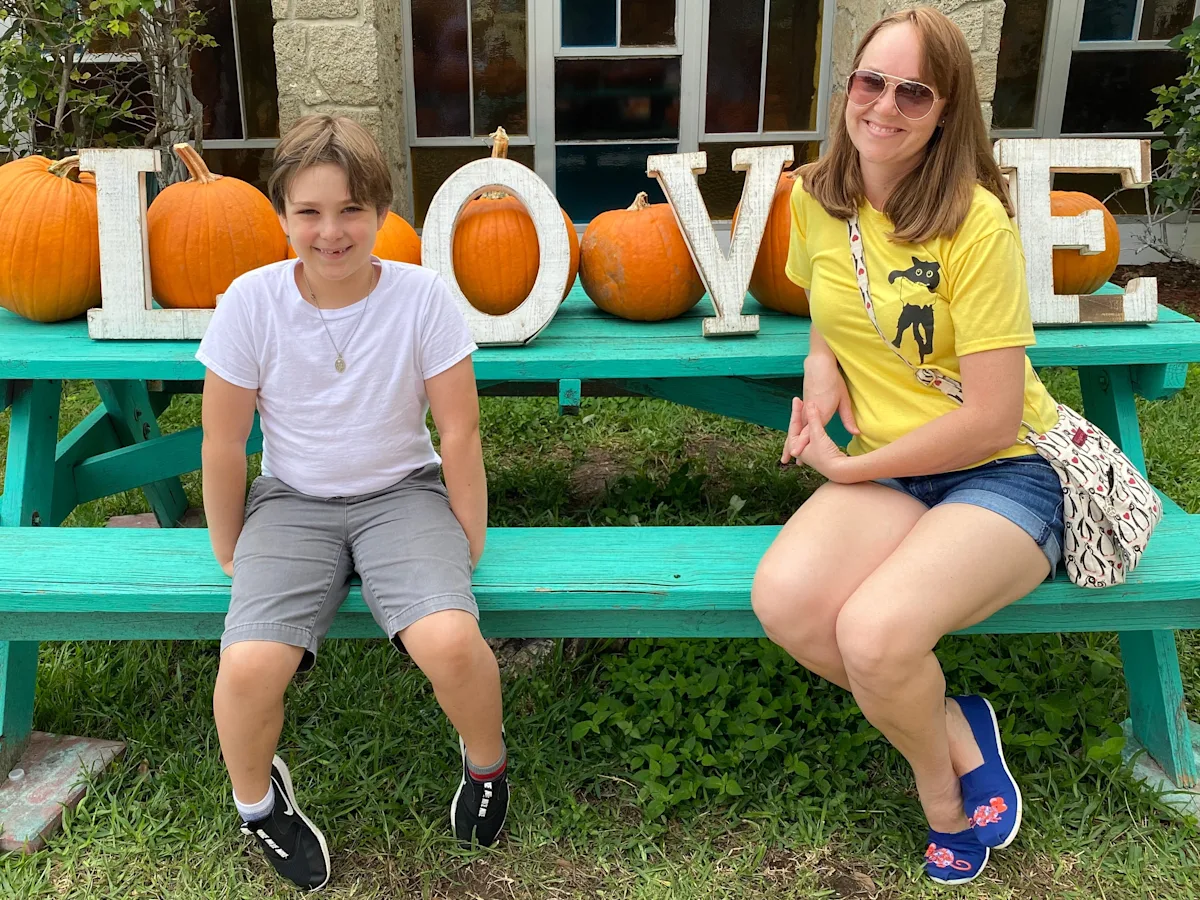In the wake of an unimaginable tragedy, a Canadian family is grappling with grief and seeking answers after losing a beloved wife and mother to sepsis just days after childbirth. Ravinder Kaur Sidhu, a 40-year-old physiotherapist from Brampton, Ontario, welcomed her third child, a healthy baby boy, in June 2025 at Credit Valley Hospital in Mississauga. But four days later, she was gone, leaving behind a shattered family and a husband determined to ensure no one else suffers the same fate. In an exclusive interview with NEWS, Gurinder Sidhu shares the devastating details of his wife’s death and his mission to reform hospital policies to prevent future tragedies. This story of love, loss, and advocacy highlights the urgent need for improved sepsis detection in maternal care.
A Joyous Birth Turns Tragic

Ravinder Kaur Sidhu’s life was filled with love and purpose. A well-known physiotherapist in the Greater Toronto Area, she was the heart of her family, adored by her husband Gurinder, their six-year-old daughter, seven-year-old son, and newborn son. On June 19, 2025, Ravinder gave birth to her third child at Credit Valley Hospital. The delivery went smoothly, and the family celebrated the arrival of their healthy baby boy. But joy quickly turned to despair as Ravinder began showing signs of a serious infection in the postpartum unit.
According to Gurinder’s Change.org petition, Ravinder developed a fever of 39.2°C and began shaking uncontrollably, symptoms that pointed to a severe infection. “I was just waiting for her to get better, but things were not progressing well,” Gurinder told CBC News. Despite her complaints of extreme pain and inability to move her legs, medical staff initially dismissed these as normal postpartum symptoms. By the time her condition was recognized as critical, it was too late. Ravinder was transferred to Toronto’s Sunnybrook Hospital, where she succumbed to septic shock caused by a Group A Streptococcus infection. “She never returned home to the family she adored,” Gurinder wrote, his words echoing the pain of a family forever changed.
The Silent Killer: Understanding Sepsis
Sepsis, a life-threatening condition where the body responds improperly to an infection, can escalate rapidly if not treated promptly. According to the U.S. Centers for Disease Control and Prevention, it claims nearly 270,000 lives annually in the U.S. alone. In Ravinder’s case, a Group A Strep infection, which can range from mild to deadly, progressed to sepsis, severely damaging her uterus and spreading to her leg. “By that point, she was already being eaten alive by the bacteria,” Gurinder shared in his petition.
Medical experts emphasize that early intervention is critical. Dr. John Marshall, a retired surgeon and sepsis expert at Toronto’s St. Michael’s Hospital, explained to CBC News that symptoms like fever, elevated heart rate, and confusion are key indicators. The Surviving Sepsis Campaign’s international guidelines recommend administering blood cultures and broad-spectrum antibiotics within one hour of suspecting sepsis. Yet, in Ravinder’s case, medical records show a 29-hour delay between her initial symptoms and the first dose of antibiotics, a critical window that may have cost her life.
A Family’s Plea Ignored
Ravinder’s sister, Kiranjit Kaur, tried to advocate for her, but her concerns were dismissed by hospital staff. “I believe that if action had been taken when she first showed signs of sepsis, she would still be here,” Gurinder wrote in his petition. Medical records reveal that Ravinder’s blood pressure plummeted overnight on June 20, and it wasn’t until the following afternoon that blood and urine cultures were taken. An infectious disease specialist prescribed antibiotics at 4 p.m., nearly 30 hours after symptoms began. By then, the infection had progressed too far.
Gurinder’s frustration is palpable. “The reply I always got was, ‘These symptoms are normal.’ But now I’ve learned that nothing was normal about those symptoms,” he told CBC News. The family’s experience underscores a broader issue: the need for better training and protocols to recognize and act on sepsis warning signs, especially in postpartum care.
A Call for Change: Gurinder’s Fight for Reform
Determined to honor his wife’s memory, Gurinder launched a Change.org petition to overhaul Ontario’s sepsis detection protocols. His demands are clear and urgent: a mandatory one-hour sepsis protocol in every birthing unit, empowering nurses to escalate cases when shock-level vitals appear, and prompt administration of antibiotics when sepsis criteria are met. He also seeks transparency, calling for the public release of Credit Valley Hospital’s internal investigation into Ravinder’s death and an independent review of her care.
“We’re asking for solutions that are simple, measurable, and life-saving,” Gurinder wrote. His petition highlights the absence of a province-wide mandate for rapid sepsis response in Ontario’s birthing units, a gap that could prevent similar tragedies. Trillium Health Partners, which operates Credit Valley Hospital, stated to PEOPLE that they cannot share individual medical details due to patient privacy but are committed to transparency with the family and improving patient safety. Their statement noted that sepsis care relies on clinical judgment, with treatment goals of starting antibiotics within an hour of recognition.
A Family Left Behind and a Legacy of Love
Ravinder’s death has left an indelible void. Her one-month-old son will never know her embrace, her six-year-old daughter asks why Mom isn’t there for bedtime, and her seven-year-old son still sets an extra place at the dinner table. “Ravinder was the center of the universe for our family,” Gurinder told CBC News. Her loss has sparked a movement, with Gurinder’s petition gaining traction as a call to action for safer maternal care.
This tragedy sheds light on the broader issue of maternal mortality. The World Health Organization reports that 260,000 women died from pregnancy-related causes in 2023, with sepsis being a leading factor. In the U.S., Black and Native American women face disproportionately higher risks, with maternal death rates two to three times higher than those of white women. Gurinder’s fight is a reminder that these losses are often preventable with timely intervention and systemic change.
As Gurinder and his children navigate their grief, they hold onto Ravinder’s legacy of love and compassion. “While we cannot bring back the mother we have lost, we can honor her memory through meaningful action,” he wrote. His advocacy seeks to ensure that no other family endures the heartbreak of losing a loved one to a treatable condition, making Ravinder’s story a powerful catalyst for change in maternal healthcare.





